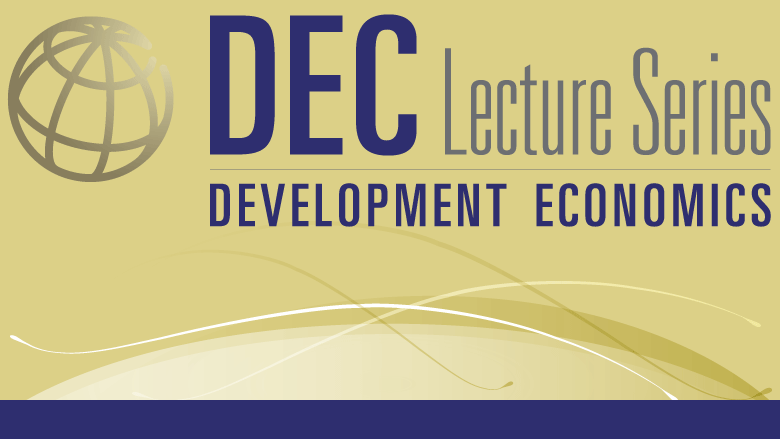Rohini Pande is the Rafik Hariri Professor of International Political Economy at Harvard Kennedy School. She co-directs the Evidence for Policy Design (EPoD) Initiative. Her work has examined how institutions—ranging from electoral to financial—can be designed to empower historically disadvantaged groups; how low-cost improvements in information collection and dissemination can enable flexible regulation and more efficient outcomes in areas as diverse as environmental protection and elections; and how biased social norms, unless challenged by public policy, can worsen individual well-being and reduce economic efficiency.
At Harvard Kennedy School, Pande is also the Area Chair for International Development and teaches in the MPA/ID program. Her other current affiliations include Executive Committee member of the Bureau of Research on Economic Development (BREAD), co-chair of the Political Economy and Government Group at Jameel Poverty Action Lab (J-PAL), board member at Institute for Financial Management and Research (IFMR), and Research Associate at the National Bureau of Economic Research (NBER). Her publications have appeared in the top economics and policy journals.

